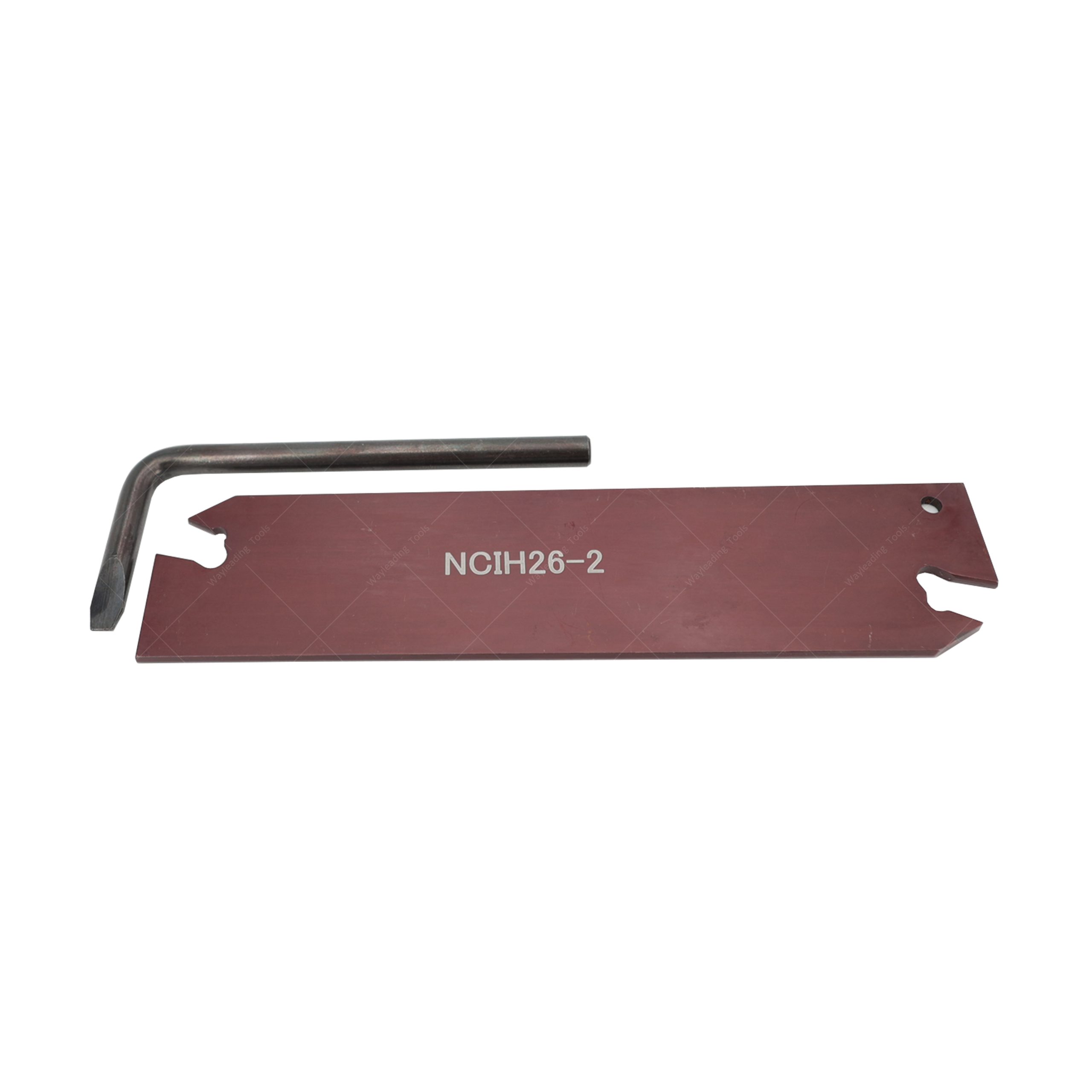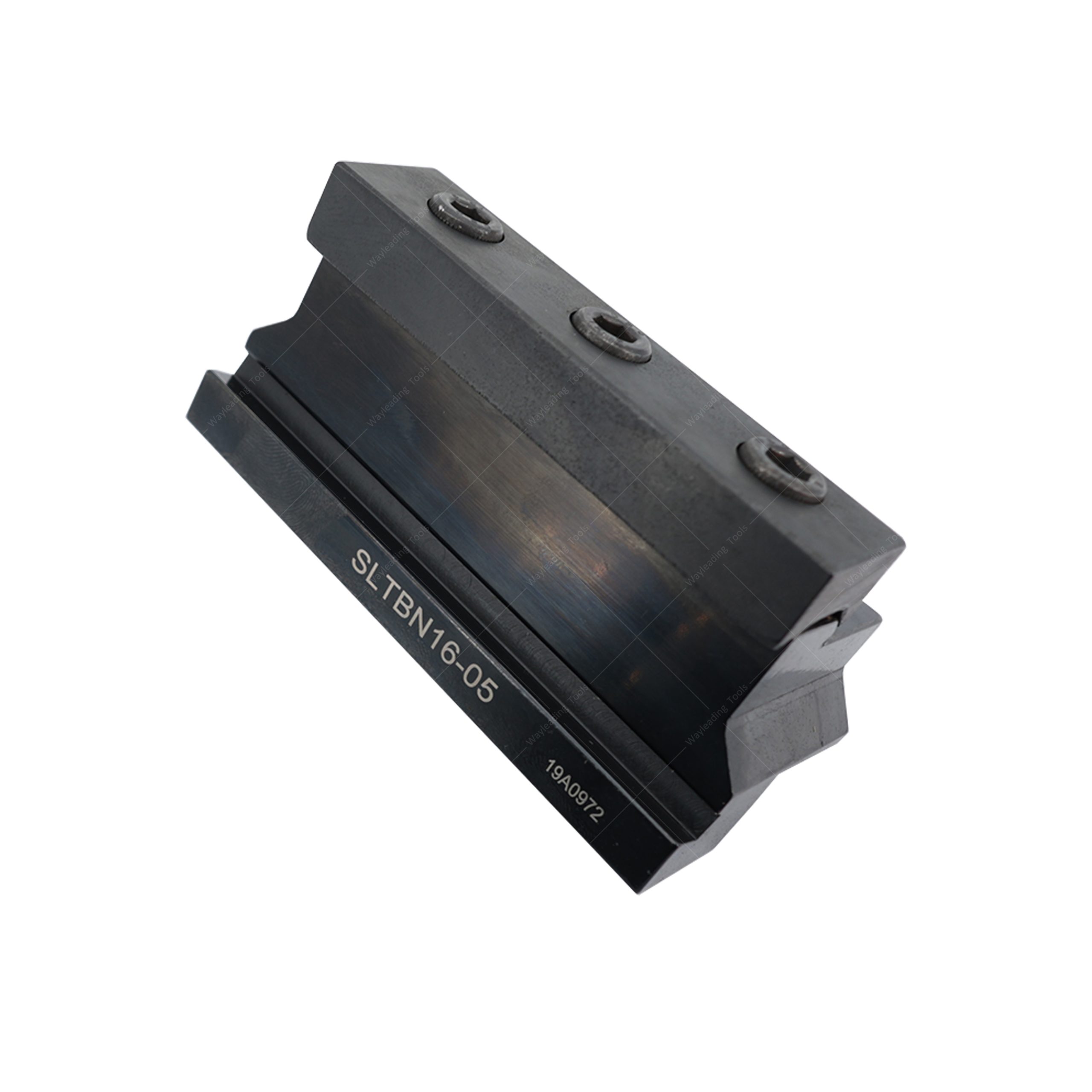bore gauge Manufacturer
Choosing the right bore gauge manufacturer is crucial for ensuring accurate and reliable measurements in precision engineering. This guide explores the key factors to consider when selecting a manufacturer, the types of bore gauges available, and best practices for their use, empowering you to make informed decisions and achieve optimal results.
Understanding Bore Gauges: A Comprehensive Overview
A bore gauge is a precision measuring instrument used to determine the internal diameter of a hole or cylinder. They are essential tools in manufacturing, automotive, and aerospace industries for quality control, ensuring parts meet specified tolerances. Bore gauges come in various types, each suited for specific applications and measurement ranges.
Types of Bore Gauges
Understanding the different types of bore gauges will help you select the right tool for the job. Here are some common types:
- Two-Point Bore Gauges: These are simple and cost-effective for general-purpose measurements.
- Three-Point Bore Gauges: These provide more accurate measurements by averaging three points within the bore. They are also self-centering.
- Dial Bore Gauges: These use a dial indicator to display the measurement, offering easy readability.
- Digital Bore Gauges: These provide digital readouts for increased accuracy and ease of use.
- Small Hole Bore Gauges: Designed for measuring very small bores with limited access.
- Blind Bore Gauges: Specifically designed to measure the bore diameter within a blind hole or internal groove.
Key Considerations When Choosing a Bore Gauge Manufacturer
Selecting the right bore gauge manufacturer is crucial for obtaining reliable and accurate measurement tools. Here are several factors to consider:
- Quality and Accuracy: The manufacturer should demonstrate a commitment to quality and accuracy. Look for certifications such as ISO 9001, which indicates a quality management system.
- Product Range: A good manufacturer will offer a wide range of bore gauges to suit different applications, bore sizes, and budgets.
- Materials and Construction: High-quality bore gauges are typically made from durable materials like hardened steel or carbide. Consider the construction and durability of the gauge based on your usage.
- Calibration and Certification: The manufacturer should provide calibration certificates and offer calibration services to ensure ongoing accuracy. Regular calibration is essential.
- Customer Support: Excellent customer support is vital. The manufacturer should be responsive to inquiries and offer technical assistance when needed.
- Reputation and Experience: Consider the manufacturer's reputation and experience in the industry. Look for established companies with a proven track record of producing high-quality bore gauges. Wayleading Tools, with over a decade of experience in manufacturing precision measuring instruments, including bore gauges, is dedicated to providing reliable and accurate solutions.
- Price and Value: While price is a factor, focus on value. A cheaper bore gauge might not be as accurate or durable, leading to costly errors in the long run.
Top Features to Look for in a High-Quality Bore Gauge
When evaluating bore gauges, consider these features to ensure optimal performance:
- Accuracy and Resolution: The bore gauge should have the accuracy and resolution required for your specific application.
- Repeatability: The gauge should provide consistent measurements when repeatedly measuring the same bore.
- Ease of Use: The bore gauge should be easy to set up, use, and read. Digital displays and ergonomic designs can improve ease of use.
- Durability: The gauge should be durable enough to withstand the rigors of the workshop or manufacturing environment.
- Adjustability: A good bore gauge will be adjustable to accommodate different bore sizes and depths.
- Self-Centering: Self-centering designs ensure accurate measurements by automatically aligning the gauge within the bore.
Applications of Bore Gauges
Bore gauges are used in a wide range of industries and applications, including:
- Automotive: Measuring cylinder bores, piston bores, and valve guides.
- Aerospace: Measuring engine components, landing gear components, and hydraulic cylinders.
- Manufacturing: Measuring machined parts, molds, and dies.
- Quality Control: Verifying the accuracy of machined parts and ensuring they meet specifications.
- Maintenance and Repair: Assessing wear and tear on engine components and other machinery.
Best Practices for Using Bore Gauges
To ensure accurate and reliable measurements, follow these best practices when using bore gauges:
- Calibration: Calibrate the bore gauge regularly using a master ring or gauge block.
- Cleaning: Clean the bore gauge and the part being measured before each use.
- Temperature Control: Allow the bore gauge and the part being measured to reach the same temperature to minimize thermal expansion errors.
- Proper Technique: Use the correct measuring technique to avoid errors. Refer to the manufacturer's instructions for specific guidance.
- Secure Mounting: Ensure the part being measured is securely mounted to prevent movement during measurement.
- Regular Inspection: Inspect the bore gauge for wear and damage before each use.
Comparing Bore Gauge Manufacturers: A Detailed Analysis
Let's consider a hypothetical comparison of three bore gauge manufacturers. This table highlights key features and benefits to aid in your decision-making process.
| Feature | Manufacturer A | Manufacturer B | Wayleading Tools |
|---|---|---|---|
| Accuracy | ±0.001' | ±0.0005' | ±0.0002' |
| Material | Hardened Steel | Carbide-Tipped | High-Grade Alloy Steel with Carbide Tips |
| Product Range | Limited | Extensive | Comprehensive, including custom solutions |
| Customer Support | Average | Good | Excellent, dedicated technical support team |
| Calibration Services | Available | Available | Comprehensive calibration and certification services |
The Future of Bore Gauges: Innovations and Trends
The field of bore gauges is constantly evolving, with ongoing innovations focused on improving accuracy, ease of use, and automation. Some key trends include:
- Wireless Connectivity: Bore gauges with wireless connectivity allow for seamless data transfer to computers and data analysis systems.
- Advanced Materials: The use of advanced materials like ceramics and composites is improving the durability and stability of bore gauges.
- Automated Measurement Systems: Automated measurement systems that incorporate bore gauges are increasing efficiency and reducing human error in manufacturing processes.
Finding Reliable Bore Gauge Manufacturers: Where to Look
Here are some resources for finding reputable bore gauge manufacturers:
- Online Directories: Industry-specific online directories such as ThomasNet and IndustryNet can help you find bore gauge manufacturers.
- Trade Shows: Attend trade shows related to manufacturing, metrology, and quality control to meet bore gauge manufacturers and see their products firsthand.
- Industry Associations: Industry associations such as the American Society for Quality (ASQ) and the Precision Machined Products Association (PMPA) can provide referrals to reputable bore gauge manufacturers.
- Online Reviews: Check online reviews and ratings to gauge the reputation and customer satisfaction of different bore gauge manufacturers.
Wayleading Tools: Your Trusted Partner for Precision Measurement
At Wayleading Tools, we are committed to providing high-quality bore gauges that meet the demanding needs of modern manufacturing. Our extensive product range, coupled with our dedication to accuracy and customer service, makes us a trusted partner for businesses of all sizes. Contact us today to learn more about our bore gauge solutions.
Conclusion
Choosing the right bore gauge manufacturer is essential for ensuring accurate and reliable measurements in your operations. By considering the factors outlined in this guide, you can make an informed decision and select a manufacturer that meets your specific needs. Remember to prioritize quality, accuracy, and customer support to achieve optimal results. For high-quality bore gauges and exceptional service, consider Wayleading Tools – your partner in precision measurement.
Disclaimer: This article is for informational purposes only and does not constitute professional advice. Always consult with a qualified expert before making any decisions related to your specific needs.
Sources: Data parameters, where applicable, are derived from publicly available information from manufacturer websites and industry publications.
Related products
Related products
Best selling products
Best selling products-
 Inch HSS Step Drills with Straight Flute
Inch HSS Step Drills with Straight Flute -
 CNMG & CNMM Turning Insert For Indexable Turning Tool Holder
CNMG & CNMM Turning Insert For Indexable Turning Tool Holder -
 Metric HSS Step Drills With Straight Flute
Metric HSS Step Drills With Straight Flute -
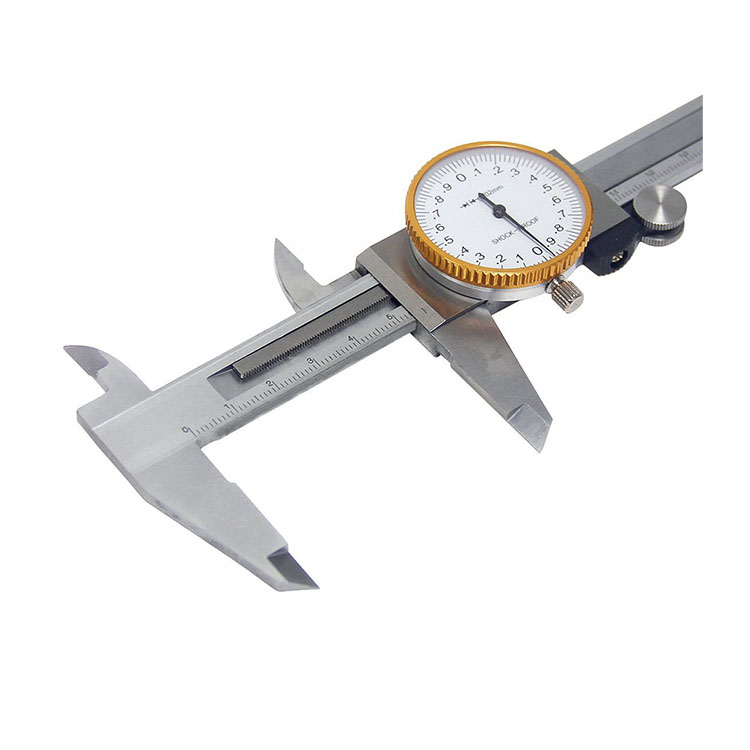 Precision Dial Caliper Of Metric & Imperial For Industrial
Precision Dial Caliper Of Metric & Imperial For Industrial -
 Dead Center For Morse Taper Shank
Dead Center For Morse Taper Shank -
 Indexable Spade Drill Holder With Helical Flute Holder And Taper Shank
Indexable Spade Drill Holder With Helical Flute Holder And Taper Shank -
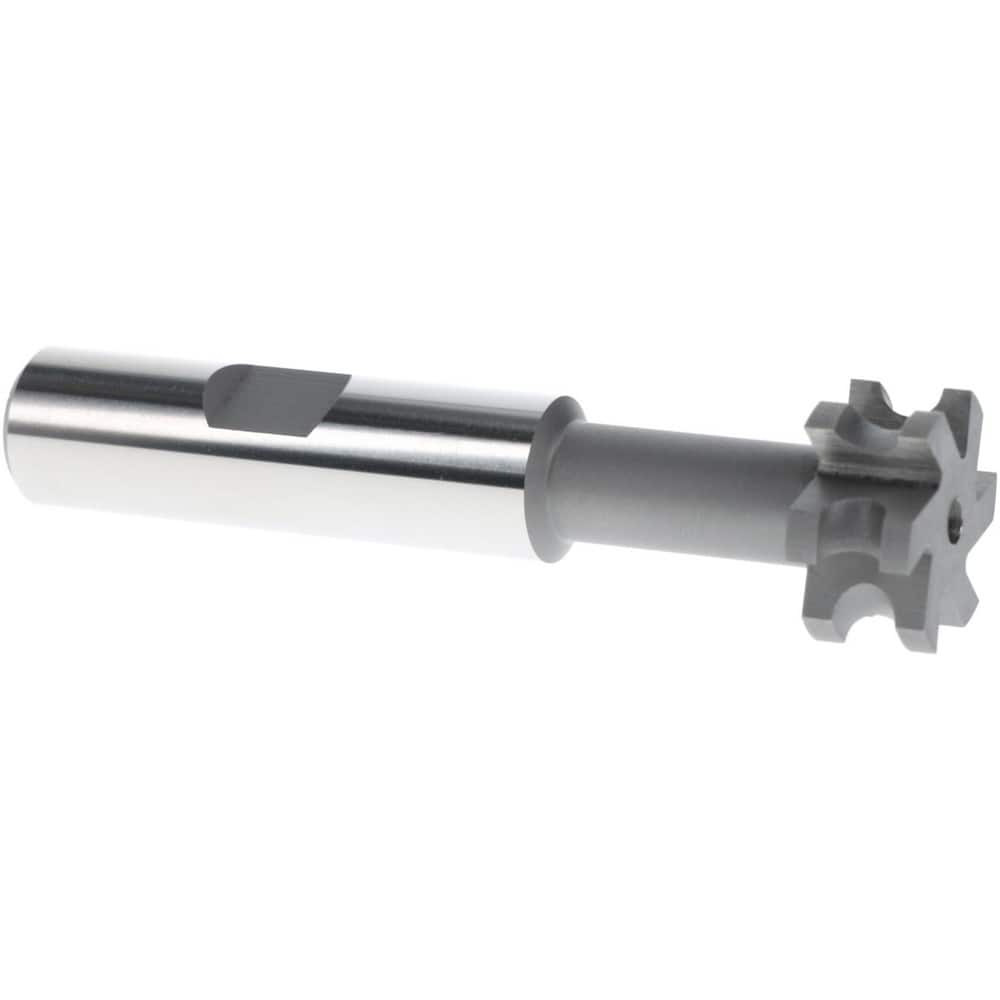 HSS Inch Concave Milling Cutter For Industrial
HSS Inch Concave Milling Cutter For Industrial -
 Precision Dial Test Indicator Holder For Industrial
Precision Dial Test Indicator Holder For Industrial -
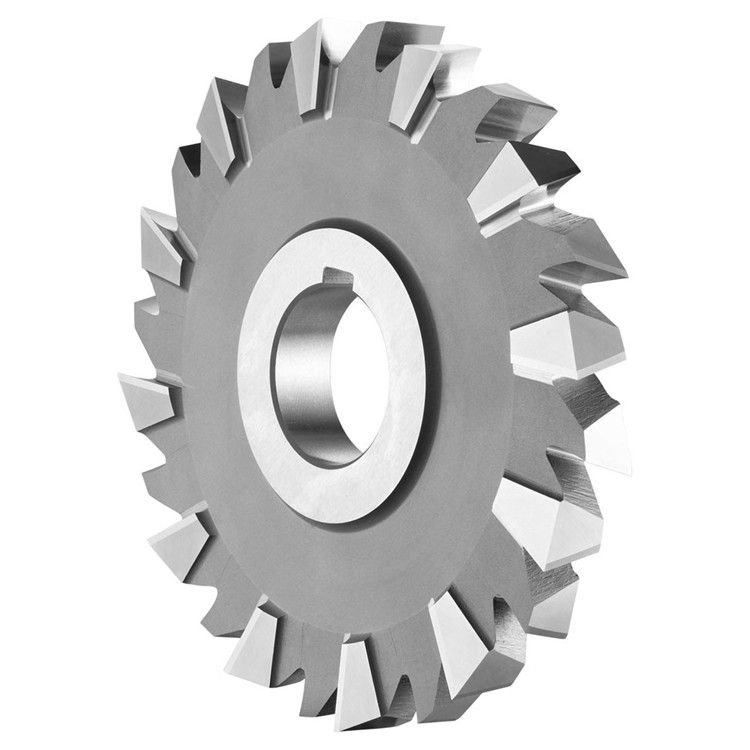 HSS Metric Side Milling Cutter With Bright Or TiN And TiAlN Coated
HSS Metric Side Milling Cutter With Bright Or TiN And TiAlN Coated -
 Type M Cone Tungsten Carbide Rotary Burr
Type M Cone Tungsten Carbide Rotary Burr -
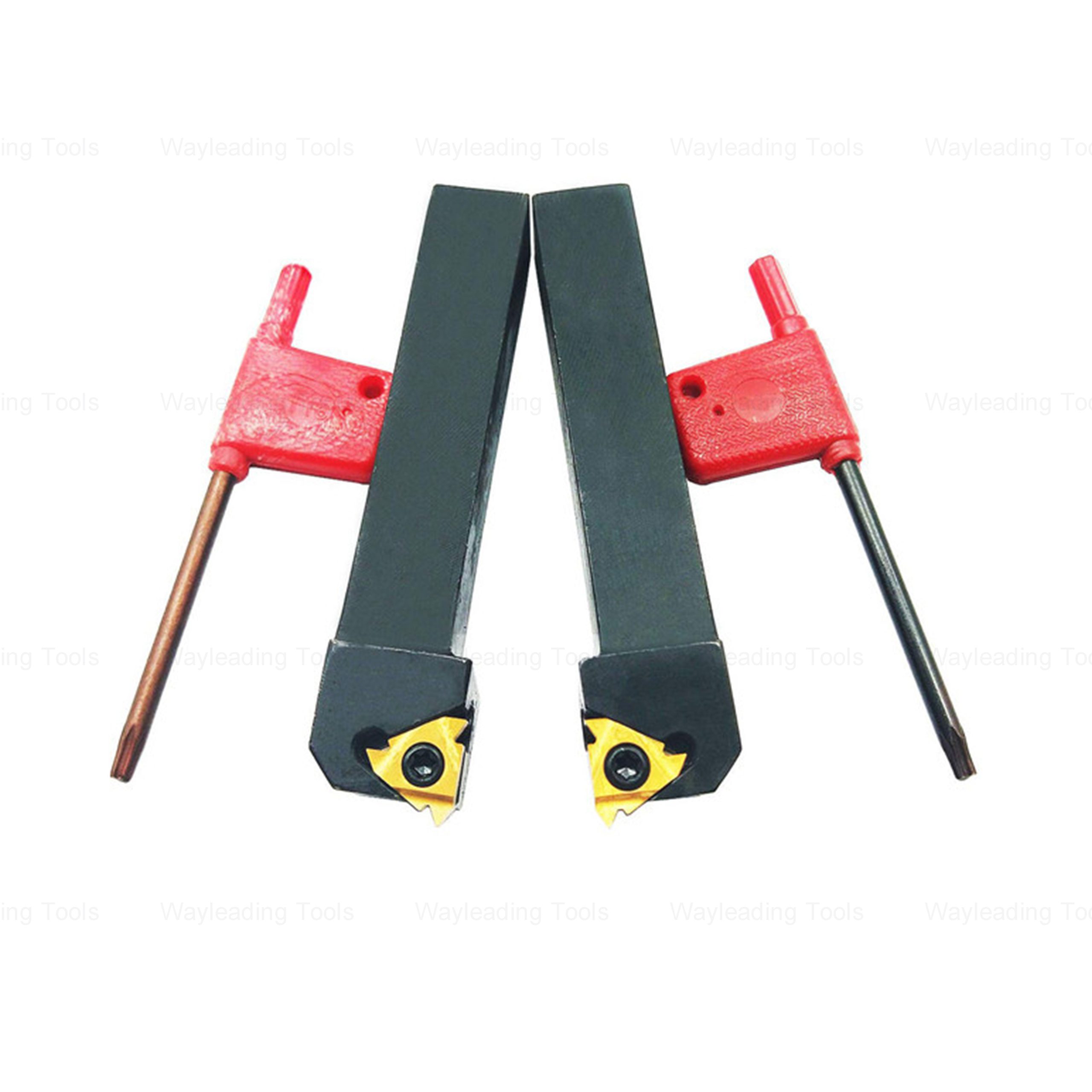 Indexable External Threading Tool Holder – SER / SEL, Metric & Inch
Indexable External Threading Tool Holder – SER / SEL, Metric & Inch -
 Stub Milling Machine Arbor With NT, R8 and MT Shank
Stub Milling Machine Arbor With NT, R8 and MT Shank

